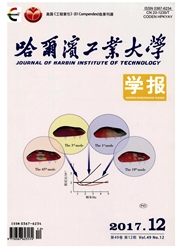

 中文摘要:
中文摘要:
为量化评价城市规划方案对城市热气候的影响,提出了适用于城市区域热气候预测模型的不同下垫面传热、蓄热和蒸发量计算方法.以北京地区某大型生态城规划项目为实例,引入城市区域局部温升作为评价指标.利用该计算模型和该指标,分析了规划方案实施前后该区域热气候变化程度,并与常规规划方案进行比较,说明在夏季高温、太阳辐射较大的情况下,通过有效的规划设计(提高绿地和树木面积率、降低建筑能耗和减少建筑排热等),可以显著缓解城市化过程对热气候的影响.
 英文摘要:
英文摘要:
To evaluate the effect of urban planning on urban thermal climate quantitatively,an urban region thermal climate prediction model based on the calculation of heat transfer,heat storage and evaporation rate from various kinds of underlying surfaces is presented and a new evaluating index named as urban district local temperature rising is introduced.Taking a certain eco-city planning project in Beijing as a case study,its temperature variation between pre-and post-urban planning is studied by the model and index.By comparing with normal urban planning,the results show that under the conditions of high temperature and huge solar radiation in midsummer,effective urban planning strategies(such as the increase of lawn and tree ratio,reduction of building energy consumption and building heat release,and so on) can alleviate the negative effect of urbanization on thermal climate.
 同期刊论文项目
同期刊论文项目
 同项目期刊论文
同项目期刊论文
 期刊信息
期刊信息
